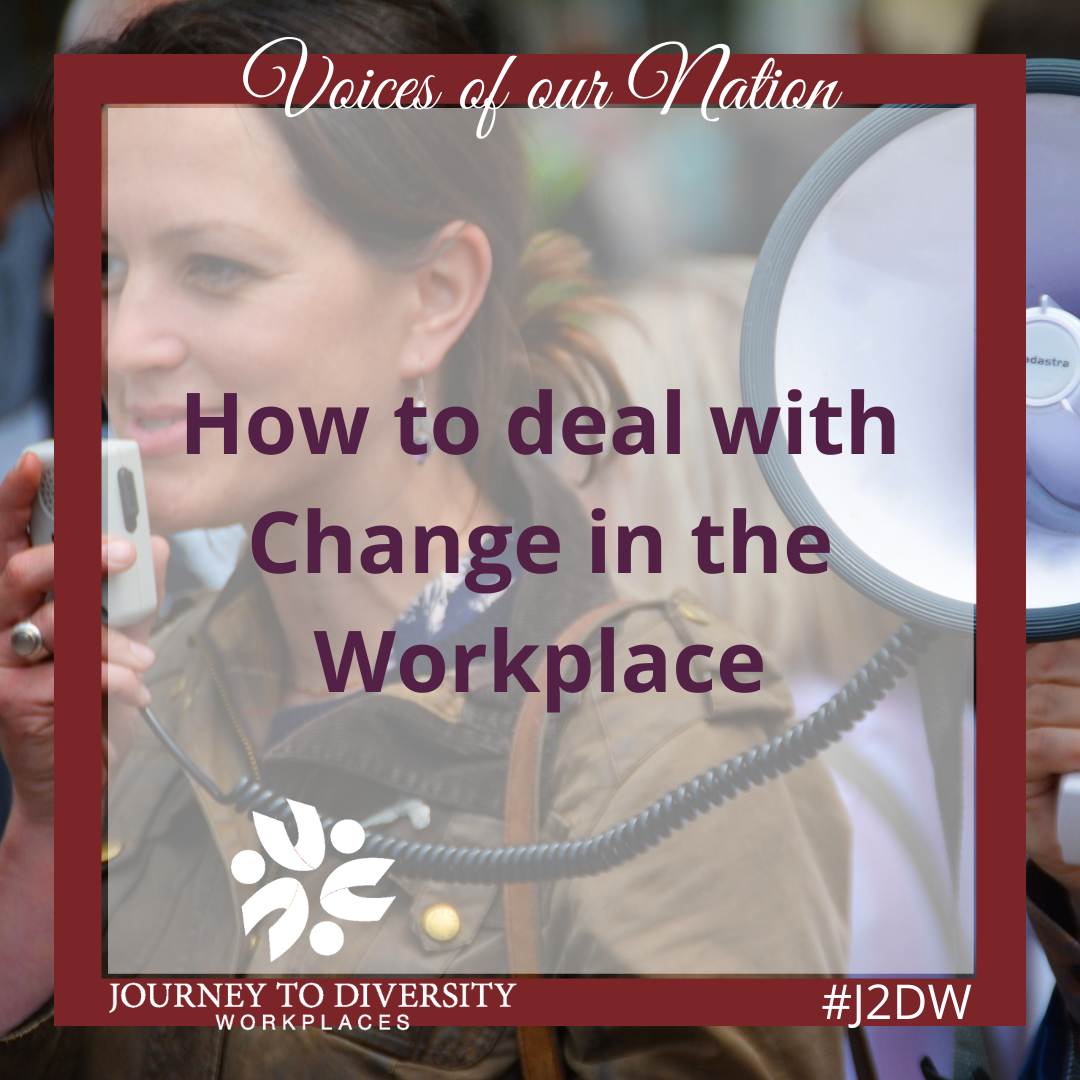Twain
Let’s face it. No one really likes change – especially at work. Sure it’s okay when it involves something we don’t care about, but once it gets personal – we often resist.
Change in the workplace is vital for growth and development, but it can result in stress and have a negative impact on our psyche.
Resistance to change typically happens when our personal needs don’t match the new circumstances imposed at work. Simply put, these two opposing forces don’t connect. There is a driving force trying to promote change (typically your boss) and an opposing force trying to keep things the same (typically you).
Opposition and resistance to change is a very normal reaction – especially when you don’t see the change coming. Typically, resistance starts out strong when the change first happens and depending on how we respond – our level of stress varies. We can either participate and try to get more involved in the change or outright resist, which can sometimes make things much more difficult.
Why do We Resist Change?
The most common response is ‘fear of the unknown’. Most of us enjoy our security and control, and we don’t want to put this at risk – especially if we don’t understand the need for change. Change also has a habit of showing up at the worst possible time, which only magnifies our stress and resentment towards the people who make it happen. Rewarding and productive relationships with bosses can quickly be replaced by mistrust and stifle any potential change advantages.
Imagine a stressful change you experienced at work and how you reacted? If you could go back in time and help implement that change differently to reduce stress – what would you do? Interestingly, most people would recommend that communication is one of the most important steps to implement any change.
Instead of just quickly implementing something new, what if management got more people involved in the potential change early and asked for input and participation in making the change – would this improve the response and help reduce stress? As managers, it’s crucial to take a step back and understand the nature of people’s resistance – to help overcome any perception barriers to change. By communicating effectively and focusing on ways to reduce resistance to change, the results and implications can be much more positive.
Can Change be Positive?
I’m sure we’ve all been through a stressful change in our lives that ultimately led to something more positive in time. Maybe it helped us change our habits or helped to bring a new opportunity into perspective. It’s always beneficial to avoid getting stuck in old routines, and ways of thinking. Change can often be very beneficial when it comes to new ways of doing things, and each experience can ultimately make you stronger. Most people that become comfortable with change tend to be more flexible and open to adapt to new situations and challenges. Being outside your comfort zone might not be that pleasant, but it can help to build your self-confidence and personal development.
Our opposition to change is very natural and for any organization that wants to grow, understanding our resistance and how to manage it is essential. The trick for all of us when it comes to change is to be open and try to see the bigger picture. Look for positive ways to either overcome the change or provide constructive feedback to help improve the potential outcome. At the end of the day, most of us agree that change can make for a better tomorrow and when we’re in control of change – it helps make for a better today.
References
Boohene, R. (2012). Resistance to Organisational Change: A Case Study of Oti Yeboah Complex Limited. CS Canada. Retrieved August 24th, 2016 from http://cscanada.net/index.php/ibm/article/view/2293
Heathfied, S. (2016). How to Reduce Employee Resistance to Change. The Balance. Retrieved August 24th, 2016 from
https://www.thebalance.com/how-to-reduce-employee-resistance-to-change-1918992
Lawrence, P. (1969) How to Deal with Resistance to Change. Harvard Business Review. Retrieved August 24th, 2016 from http://www.forbes.com/sites/lisaquast/2012/11/26/overcome-the-5-main-reasons-people-resist-change/#24c51d183393
Lorenzi, N. (1999). Managing Change: An Overview. Journal of the American Medical Informatics Association. Retrieved August 24th, 2016 from http://pubmedcentralcanada.ca/articlerender.cgi?accid=PMC61464
Quast, L. (2012). Overcome The 5 Main Reasons People Resist Change. Forbes. Retrieved August 24th, 2016 from http://www.forbes.com/sites/lisaquast/2012/11/26/overcome-the-5-main-reasons-people-resist-change/#24c51d183393
This article was contributed by volunteer blogger Patrick Boshell and edited by volunteer editor Thomas Sosnoski.


